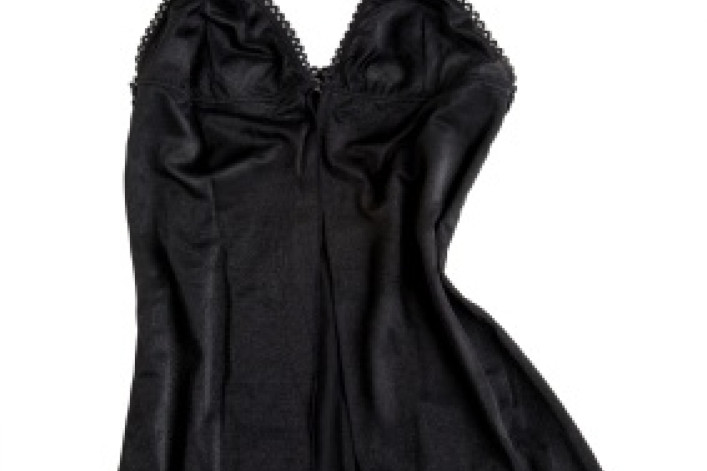Are short sales the new black?

According to at least one observer, the buzz on Manhattan’s cocktail circuit has gone from boom-era bragging to bust-era bravado: Foreclosures and their oh-sh*t-I'm-underwater cousins, short sales, are losing their stigma among upper income NYC dwellers.
“Whereas a couple of years ago people did everything they could to stay out of foreclosure, now people—particularly very sophisticated financial types—are talking at cocktail parties and saying, 'Gee, I may let my place go into foreclosure,'” says Jerry Feeney, a Manhattan real estate lawyer and WOR-AM legal real estate commentator.
“Particularly in New York, it’s seen as a strategic move for someone who owes more than the property is worth even if they have $200,000 in the bank,” says Feeney.
That’s because banks--so far--aren’t going after owners’ remaining assets: “I think they figure that if someone is going into foreclosure, there won’t be any assets anyway,” he notes.
On the downside, he says, both foreclosures and shortsales “kill your credit rating, and once I tell people they usually back away from it.”
What’s left are the accidental short sellers who don’t realize that after paying taxes, commissions and other fees, they owe more than they stand to reap.
“I’d say it’s about one out of every 50 deals,” says Feeney, who works primarily with buyers and sellers. “I look at the numbers pretty carefully and have that come to Jesus talk with them. A lot of sellers don’t realize they have to pay off their home equity loan when they sell, for example.”
So far, banks aren’t tripping over themselves to cut deals with borrowers, but that may change as the federal government works out incentives to entice banks to take less than they’re owed.
So what kind of deal is a bank likely to make here in New York City?
“If you think the bank will take 3 cents on the dollar, forget it,” says Feeney. “Eighty cents on the dollar is a pretty good deal.”
Note to sellers with jobs and healthy savings accounts: A bank is unlikely to deal unless it thinks you’re about to default out of necessity rather than a strategic business move.
To sellers in possession of good credit ratings, Feeney recommends a "hybrid" alternative to short sales that most people ignore: Ask the bank for a signature loan at 12 or 13 percent interest in the amount you will wind up owing—secured by the excellent credit rating you are trying to protect.
The option hasn’t been embraced by his clientele.
“Most people really want to walk away from the deal and be let out,” he says, rather than spend years paying off something they don’t live in anymore.
Related topics:
Co-ops poised to reject reverse mortgages for no good reason




























